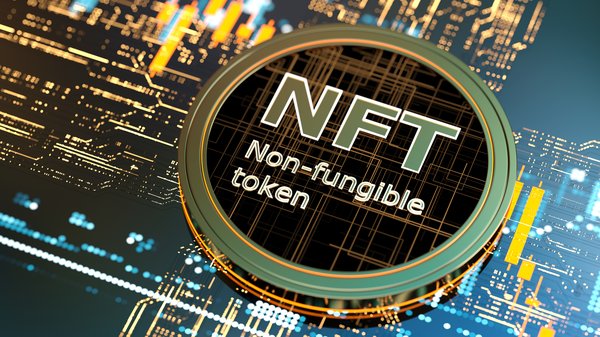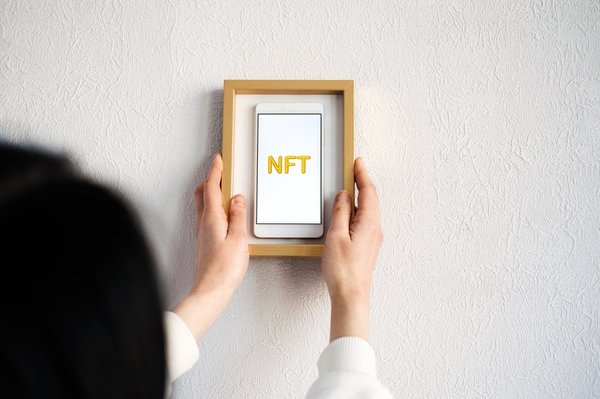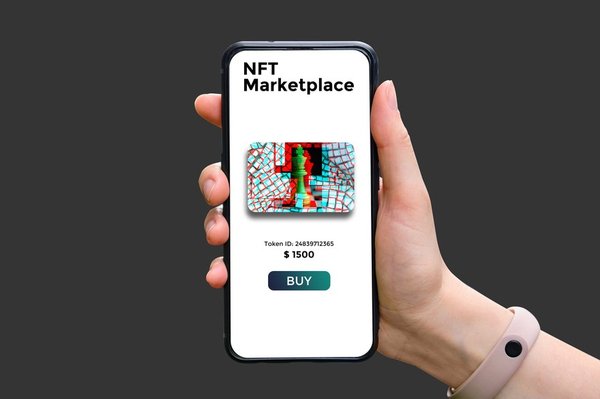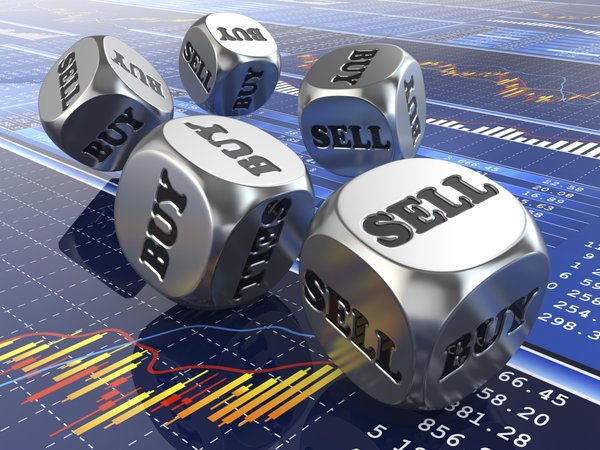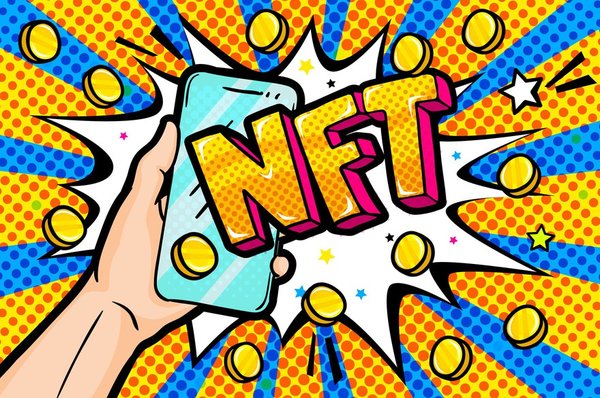From digital art to sports highlights, non-fungible tokens (NFTs) are generating massive amounts of money. NonFungible.com reports that NFT sales surpassed $17.6 billion in 2021, an increase of more than 21,000% from $82 million in 2020. Although you can invest in individual NFTs, another option is NFT ETFs, a new type of investment vehicle that aims to track this growing market.

What is an NFT ETF?
An NFT ETF is a security that tracks an index of NFT-related stocks. Holdings may include NFT marketplaces and other trading platforms, blockchain networks that NFTs are issued on, and companies that have committed to the commercialization of NFTs.
One notable exclusion to those holdings: actual NFTs. NFT ETFs only invest in companies that are connected to NFTs in some way. They don't buy and sell NFTs.
Although it's possible this will change at some point, the unique nature of NFTs makes it a difficult proposition. Every NFT is different, so buying NFTs isn't like buying shares in a company. They all have their own values that often fluctuate based on what the market is willing to pay. It would be practically impossible to track the value of an EFT composed of NFTs.
NFT ETFs explained
NFT ETFs are a very recent development. Although NFTs date back to 2014 and started gaining popularity in 2017, it wasn't until 2021 that they really took off. That year saw the launch of several popular NFT collections, such as Bored Ape Yacht Club, and led to growing interest in NFT investing.
The first, and so far only, NFT ETF is Defiance Digital Revolution ETF (NYSE:NFTZ). It launched on Dec. 1, 2021.
We'll likely see more NFT ETFs in the future considering the amount of interest in these digital tokens. However, don't expect a big influx anytime soon. Despite the popularity of cryptocurrency, there's a limited number of cryptocurrency ETFs. It will take time to see more NFT ETFs as well.
How NFT ETFs works
Since NFT ETFs combine elements from the investing and cryptocurrency sectors, it's helpful to look at them both separately.
An NFT is a crypto token that records and manages ownership of a digital asset. For example, if you buy an NFT for a work of digital art, then you'll be the owner of that piece. NFTs are stored on the same blockchain networks that record cryptocurrency transactions.
An exchange-traded fund, or ETF, is an investment fund that holds a group of assets. As the name suggests, it's traded on stock exchanges, and you can buy and sell shares just like any other stock.
Putting it all together, an NFT ETF is an ETF that focuses on companies involved in NFTs. It allocates a certain amount of funds to each holding, such as 8% to its largest NFT stock holding, 7.5% to its second-largest, and so on.
Pros and cons of investing in an NFT ETF
Like NFTs and cryptocurrencies, NFT ETFs are high-risk investments, but they have a few benefits:
- It's easy to invest in an NFT ETF since you can buy shares through your stock broker. Buying NFTs is more difficult because you typically need to pay with cryptocurrency using a blockchain wallet.
- They provide exposure to a variety of NFT-related companies, so they're good for building a diversified portfolio. That said, any NFT investments you make should be a small percentage of your diversified portfolio.
- The NFT market can be extremely profitable. NFT sales have significantly increased in recent years, and popular NFTs can fetch thousands and sometimes even millions of dollars.
On the other hand, there are also some major downsides to investing in an NFT ETF:
- Stocks in the NFT and crypto sector are volatile. NFTs are still a highly speculative investment. There may be high profit potential, but there's an even greater risk of losing money.
- They don't hold any NFTs, only companies with some relationship to that market. If you want to invest in NFTs, this is an important distinction.
- There's only one NFT ETF available, so options are very limited.
Because of the risks involved in NFTs, you may want to consider investing in more traditional ETFs. The point of ETF investing is to build wealth over the long term, and the volatility of the NFT market doesn't make it the best fit for that. Before you invest in crypto or NFTs, make sure you understand the fundamentals of stock market investing.
Defiance Digital Revolution ETF
Defiance ETF was the first company to launch an NFT ETF. The Defiance Digital Revolution ETF has more than 30 holdings and charges a reasonable expense ratio of 0.65%. Some of its largest holdings include:
- GameStop (NYSE:GME)
- Funko, Inc. (NASDAQ:FUNKO)
- eBay (NASDAQ:EBAY)
Those companies clearly offer much more than NFTs, but they've all either launched or are in the process of launching their own NFT marketplaces. Other holdings of this ETF include crypto exchange and NFT marketplace Coinbase Global, Inc. (NASDAQ:COIN) and crypto mining company BIT Mining Limited (NYSE:BTCM).
Related Investing Topics
The future of NFT ETFs
NFTs and ETFs aren't exactly the perfect match. The fact that every NFT is different means that ETFs likely won't be able to invest in the NFTs themselves, only stocks related to them.
Even with that challenge, there has been one NFT ETF so far. If the market continues growing, we'll likely see more funds that have their own mixes of companies in the NFT business.












